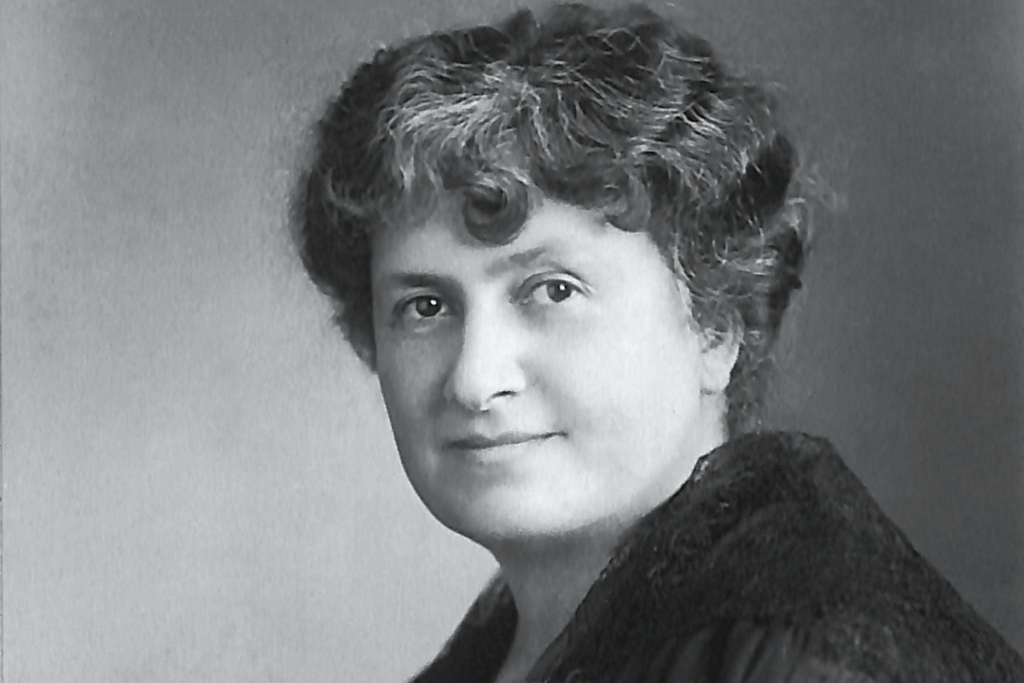Why Montessori?
- Each child is treated as an individual with unique talents
- Montessori promotes hands-on, self-paced, collaborative, joyful learning
- Children have the freedom to work at their own pace, without interruption, choosing from a range of activities that are developmentally challenging and appropriate.
- Mixed-age groups offer a wide range of activities to spark children’s interest and develop good social interactions
- Exploration is encouraged so that children discover things for themselves, make mistakes and correct them independently
- Children in Montessori follow their interests, wherever their passion leads; giving them strong academics, leadership, self-discipline, responsibility, independence, initiative and a lifelong love of learning
- Montessori education enables children to develop fundamental capacities that they need to become happy and fulfilled adults who contribute to society.
Who Was Dr. Maria Montessori?
Dr. Maria Montessori (1870-1952) was an Italian physician, educator, and philosopher, renowned as the founder of the Montessori method of education. She was the first woman in Italy to receive a medical degree in 1894. Dr. Montessori initially worked with disabled children as a child psychiatrist, pioneering innovative methods to educate them effectively. Her groundbreaking work at the Orthophrenic School in Rome laid the foundation for Montessori Education.

